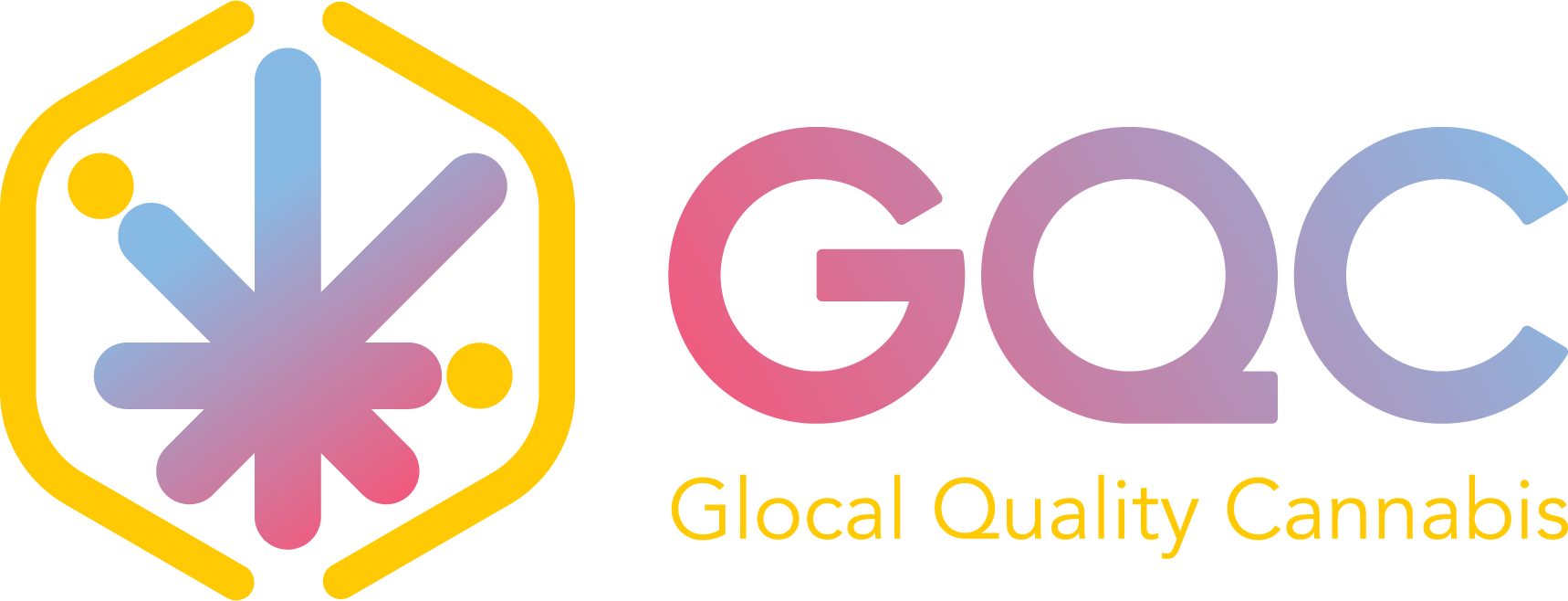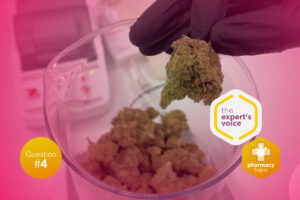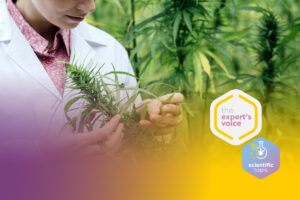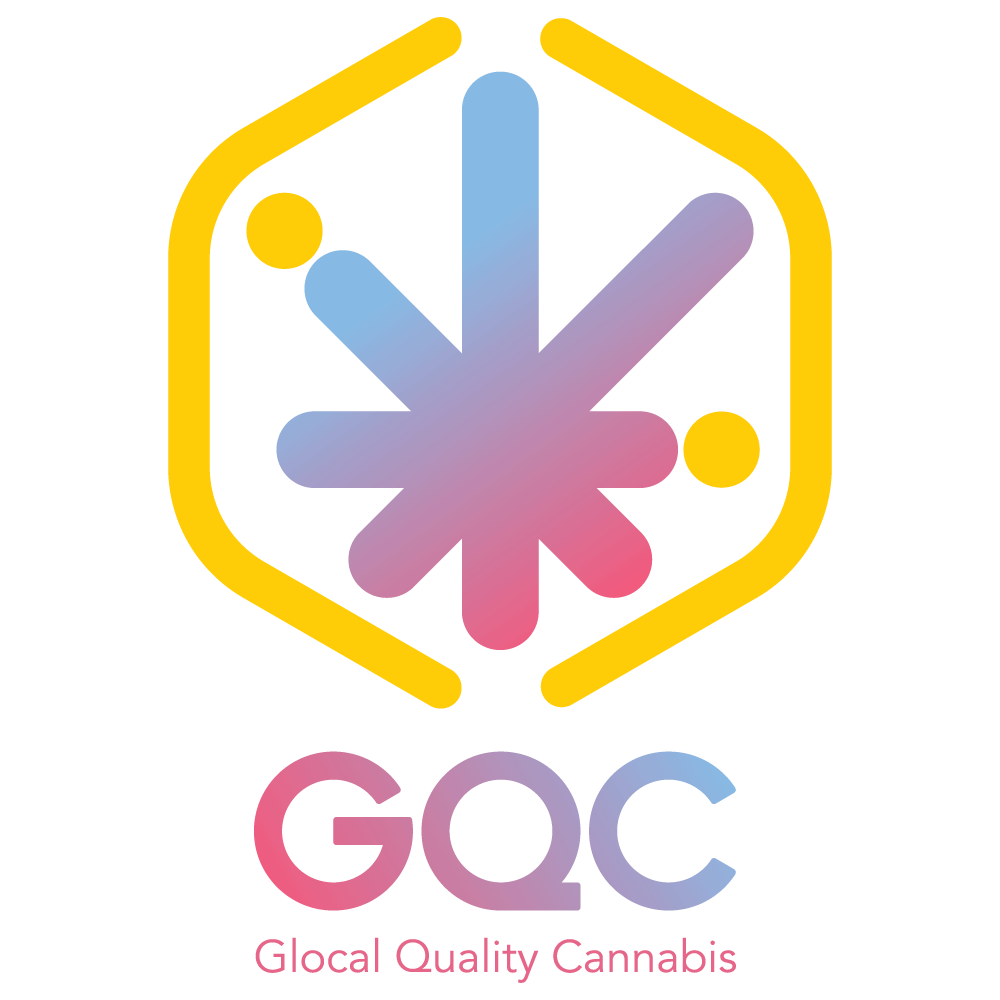Abstract
Access to medical cannabis in the Netherlands has been limited, despite its availability as a prescription drug since 2003. The National Health Institute’s reluctance to officially recognize medical cannabis as a treatment has resulted in increased costs through official channels. Consequently, there has been a significant decline in medical cannabis prescriptions, and the number of dispensaries has reached a record low in 2021. Although medical cannabis can be prescribed for various conditions, its high average cost of 5.5 Euro per gram has driven patients to seek alternative sources.
Coffee shops offer an alternative and convenient way to access non-medical cannabis at a lower cost. The discrepancy in variety between pharmacies and coffee shops has further attracted patients who are seeking a broader range of options. The decreasing number of patients obtaining prescription medical cannabis underscores the urgent need for policy reforms to ensure affordable and accessible medical cannabis in the Netherlands.
This article provides an in-depth examination of the current state of medical cannabis in the Netherlands and explores how patients are navigating the challenges and barriers to accessing medical cannabis.
Despite medical cannabis being available as a prescription drug in Dutch pharmacies since 2003, access to medical cannabis by patients has been somewhat limited due to several reasons. Chief among these is the hesitancy of the country’s National Health Institute to officially recognize medical cannabis as a medical treatment, a move that has made acquiring the drug through official channels even more expensive for Dutch citizens. Although consumption of medical cannabis reached its peak in 2017, usage of the drug saw a huge decline following the announcement by the National Health Institute, an influential body that advises insurers in the Netherlands. After assessing medical cannabis, the National Health Institute claimed that there was no illness or medical condition for which it saw medical cannabis as a suitable or recommended form of treatment. In response to this claim, health insurance companies in the Netherlands withdrew medical cannabis from their policies, resulting in patients footing one hundred percent of the bill.
The aftermath was a steep decline in medical cannabis prescriptions, with medical cannabis dispensers falling to a record low of 42,000 in 2021 from 53,300 just three years prior, bringing the total amount of medical cannabis sold to 685 kilograms, which translates to 5.1 million Euros in sales. The Office of Medicinal Cannabis (OMC) in the Netherlands is responsible for the regulation and production of medical cannabis for scientific and medical purposes. Medical cannabis is supplied to pharmacies, hospitals, pharmacy-holding GPs, and veterinarians under the supervision of the OMC. The OMC collaborates with Bedrocan to produce five distinct types of cannabis, each with varying levels of THC ranging from 1% to around 22% and CBD ranging from less than 1% to over 9%.
Medical cannabis can be prescribed by any doctor for a range of conditions, including pain, muscle cramps and spasms, nausea, decreased appetite, weight loss, weakness related to cancer and AIDS, chronic pain, Tourette’s syndrome, glaucoma and various forms of epilepsy, among other illnesses. The cost of medical cannabis in the Netherlands averages 5.5 Euro per gram for a 5-gram order and remains the same regardless of the variety required by the patient.
The decline in patients obtaining prescription medical cannabis in the Netherlands, from 13,000 in 2017 to just 10,000 in 2021, is an indicator of the negative impact of how unaffordable medical cannabis has become since Dutch health insurance companies withdrew policies that covered medical cannabis as a means of treatment. Ever since, patients have resorted to coffee shops and unofficial channels to acquire cannabis, as shown by the Dutch government’s Lifestyle Monitor Survey, which showed that only one in ten medical cannabis patients obtained their cannabis by prescription, while the majority sourced it through non-medical channels.
The abundance of coffee shops in the Netherlands, operating under a legally gray policy of toleration, is providing easy access to non-medical cannabis for patients seeking a cheaper alternative. While pharmacies are limited to just five strains produced by a single domestic commercial cultivator by the Dutch Office of Medical Cannabis, coffee shops offer more variety, making them an attractive option for patients seeking a wider range of options.





